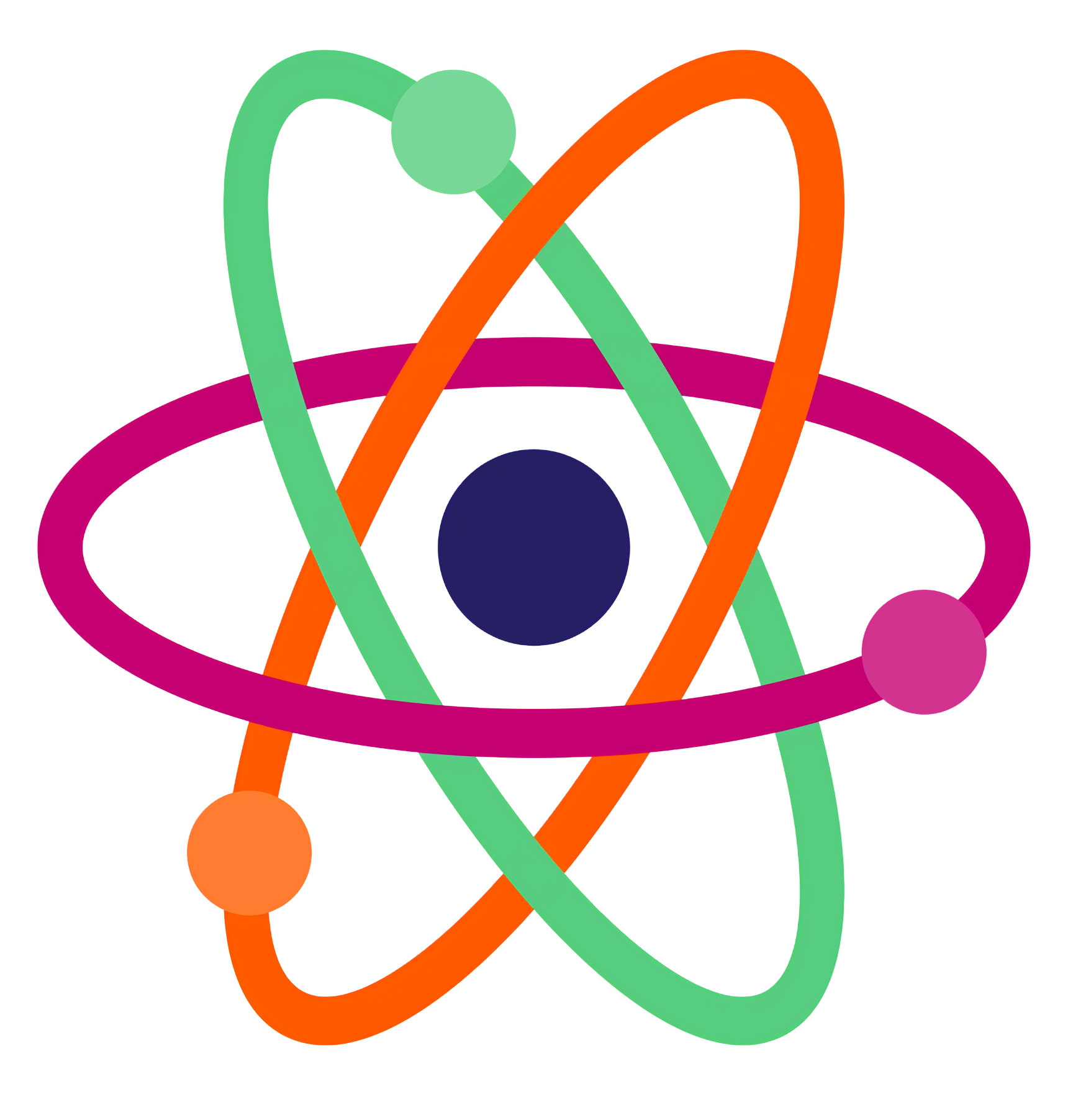The learning goals for Grade 8 students in India are aligned with the curriculum prescribed by education boards like CBSE, ICSE, and state boards. These goals emphasize academic mastery, critical thinking, and the development of skills needed for high school. Here’s an overview of common learning goals for Grade 8 students in India:
These learning goals are designed to provide a comprehensive education that equips Grade 8 students in India with the knowledge, skills, and values they need for success in high school and beyond, while fostering overall personal growth and development.
